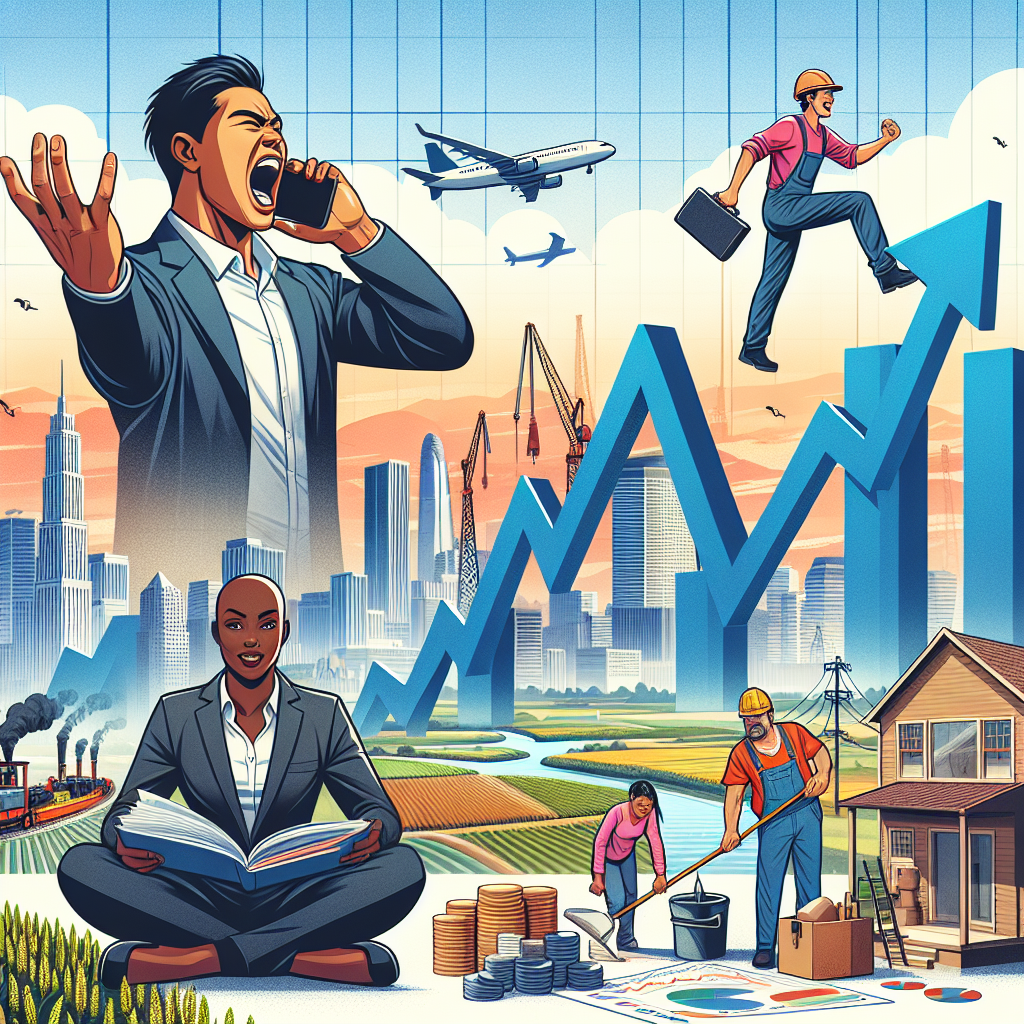U.S. Economic Growth Slows, But Consumer Spending Surges
The U.S. economy's growth slowed in the fourth quarter due to a Boeing strike affecting business investments, though consumer spending rose sharply. Strong domestic demand suggests a cautious Federal Reserve interest rate cut path. This, along with potential federal policy changes, clouds economic forecasts.

U.S. economic growth slowed in the last quarter, impacted by a Boeing strike that tempered business investments. However, consumer spending showed significant resilience, growing at its fastest pace in nearly two years, highlighting strong domestic demand in the face of a complex trade landscape.
While businesses grappled with high demand, the economy faced setbacks with nearly exhausted inventories and an unexpected drop in imports. Despite recession fears driven by previous rate hikes, the economy remained robust last year, fueled by anticipatory purchases amid tariff threats.
Looking forward, the Federal Reserve is expected to continue its cautious interest rate policy, as potential new federal economic strategies may shape future growth. Analysts note that this delicate balance between inflation control and growth could determine economic stability in the coming years.
(With inputs from agencies.)










